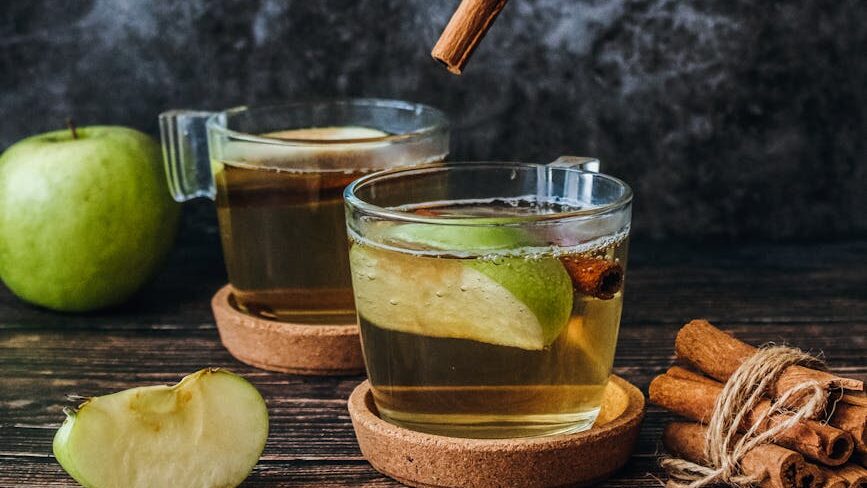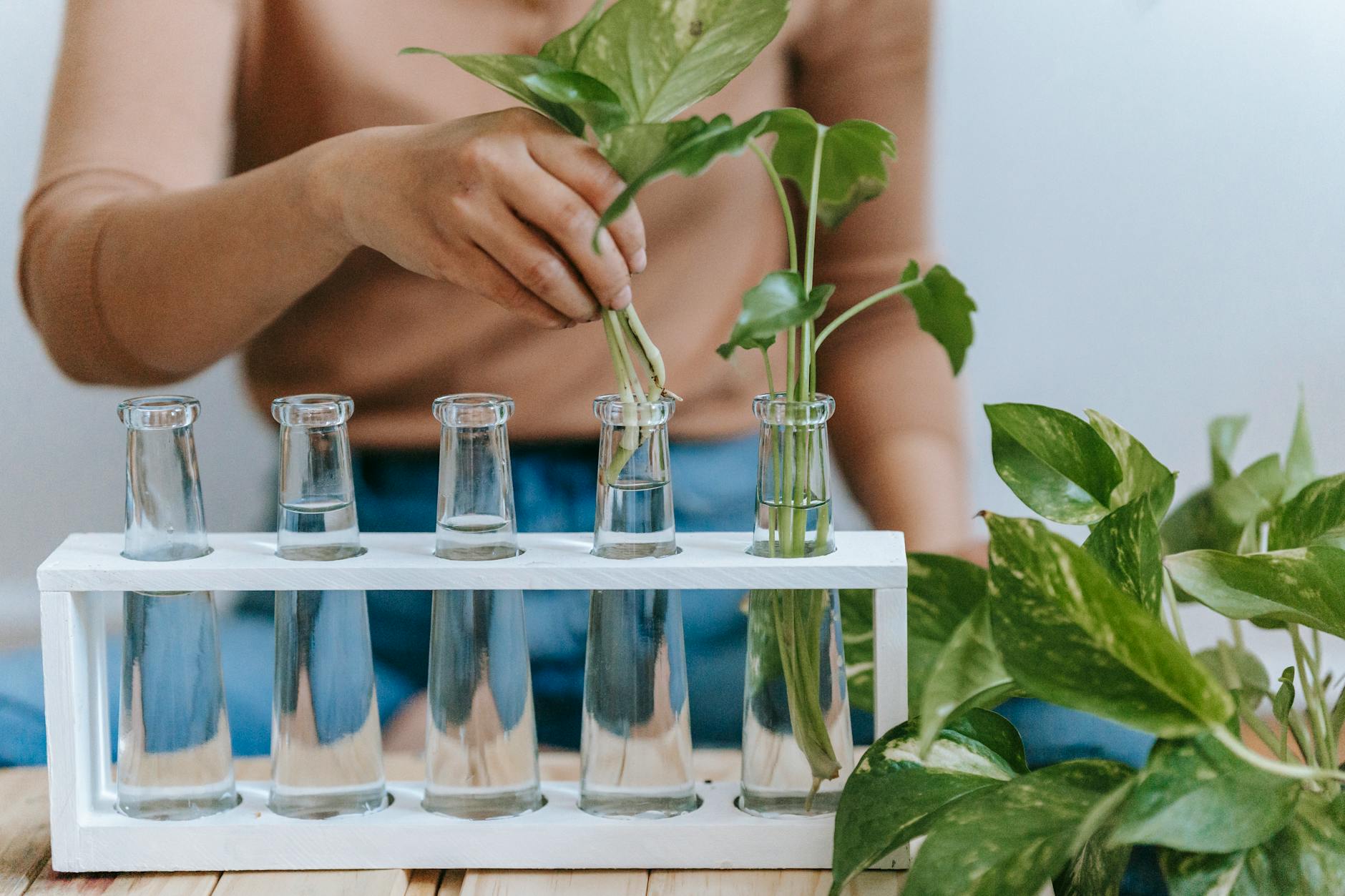Natural Rooting Hormones: Boosting Plant Cloning Success Naturally
Hello friends! In today’s episode, we’ll explore 10 natural rooting hormones or Plant Rooting Solution and root-stimulating substances that you can easily use for successful plant cloning—multiplying plants from cuttings with a high success rate. I’ll also show you how to make a powerful formula by combining a few of these natural agents. Stay tuned!
Before we begin, don’t forget to subscribe to our channel and hit the bell notification so you never miss an update!
What is Plant Cloning?
In horticulture, cloning refers to the process of making duplicate plants from branch or stem cuttings of a mother plant. It’s a fantastic way to multiply your plants, especially if it’s a rare or cherished variety, or perhaps you want to gift plants to friends or neighbors. The simplest method is to pinch off a small stem or branch and insert it into the soil. However, this basic method doesn’t always guarantee success, and the chances of the cutting developing roots are generally low.

How to Increase Plant Cloning Success
If you want to increase the success rate of your plant cuttings, there are some simple techniques you can follow. Most plant cuttings will naturally produce their own rooting hormones after a while, but if you want faster and more consistent results, rooting hormones—whether natural or synthetic—can work wonders. Rooting hormones contain Indole-3-butyric acid (IBA) or Naphthalene Acetic Acid (NAA), compounds that accelerate root growth in plants. If you purchase a commercial rooting hormone, make sure to check for these ingredients on the label.
Top 8 Natural Rooting Hormones | Plant Rooting Solution
Here are eight natural substances that can greatly improve your plant cloning efforts:
1. Saliva
Yes, you read that right—your own saliva! It may sound strange, but saliva is a natural antibacterial and antifungal agent, which can help protect cuttings from rot and infection. Simply dip the cutting in your saliva before planting it in the soil. While not a miracle solution, it’s a quick and easy way to get started.
2. Apple Cider Vinegar
Apple cider vinegar is another proven natural rooting stimulant. Mix 5 drops of apple cider vinegar into half a cup of water and dip the cutting into this solution. Be careful not to use more vinegar, as too much can act as a natural weed killer and prevent rooting.

3. Cinnamon Powder
Cinnamon is an excellent antifungal and antibacterial agent, which helps prevent diseases in plant cuttings. Dip the cut end of the cutting into cinnamon powder before planting it in the soil to increase your cloning success rate.
4. Willow Bark
The bark of the willow tree is rich in salicylic acid (similar to aspirin) and Indole-3-butyric acid (IBA), which encourages root growth. If you have access to a willow tree, you can make a “willow tea” by soaking the branches in warm water and using this water to soak your plant cuttings.
5. Honey
Honey is a well-known natural antiseptic and antifungal agent. However, raw, unprocessed honey works best. To use honey as a rooting hormone, add 1 teaspoon of honey to 2 cups of boiling water and stir until it dissolves. Let the mixture cool down, then dip your cuttings into it.
6. Aloe Vera Gel
Fresh aloe vera gel contains salicylic acid, enzymes, and amino acids that boost root formation. Extract the gel from an aloe vera leaf and dip your cuttings into the gel before planting. Aloe vera also has the added benefit of keeping your cuttings moisturized.
7. Aspirin
Though not natural, aspirin is an inexpensive and effective option. Crush a 350 mg aspirin tablet and dissolve it in water, then dip the cuttings in this solution. Aspirin contains salicylic acid, which can stimulate root growth.
8. Coconut Water
Rich in cytokinins, coconut water is a natural growth stimulant for plants. Soak your plant cuttings in coconut water for a few hours before planting them to enhance root growth.
Experiment with Combinations
You can also combine some of these substances to create even more potent rooting formulas. For example:
- Willow tea + honey
- Cinnamon + honey
- Aloe vera gel + honey
Try different combinations to see which works best for your plants!
Conclusion
There you have it! These natural rooting hormones can significantly improve the success rate of plant cloning. Whether you’re using saliva, honey, cinnamon, or a combination of these, you’ll be well on your way to propagating plants successfully. Remember, plant cloning is not just about replicating your favorite plants—it’s also an eco-friendly and rewarding way to share greenery with others.










